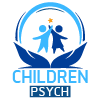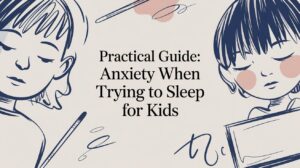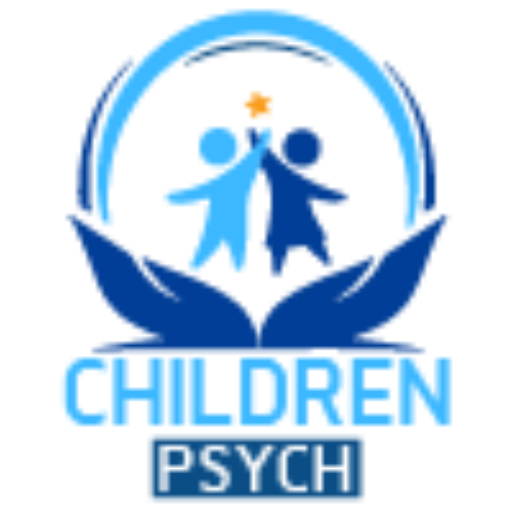Childhood trauma can have lasting and significant effects on a person’s mental and physical health. It can occur as a result of a wide range of experiences, including physical abuse, sexual abuse, emotional abuse, neglect, household dysfunction, and exposure to violence or loss.
The effects of childhood trauma can be far-reaching and can impact every aspect of a person’s life. It can lead to a range of mental health issues, including depression, anxiety, post-traumatic stress disorder (PTSD), and substance abuse. It can also have physical health consequences, such as an increased risk of chronic conditions such as heart disease and diabetes.
One of the most significant impacts of childhood trauma is on a person’s ability to form and maintain healthy relationships. People who have experienced trauma may struggle with trust, communication, and intimacy, leading to challenges in their personal and professional lives.
It’s important to recognize that everyone’s experience of childhood trauma is unique, and the effects of trauma can manifest in different ways. Some people may experience symptoms immediately following the traumatic event, while others may not experience them until much later in life.
It’s also important to note that not everyone who experiences childhood trauma will go on to develop mental health issues or physical health problems. However, it’s essential to seek support if you are struggling with the effects of trauma. There are many resources available to help, including therapy, support groups, and medication.
It’s never too late to seek help and begin the healing process. Don’t be afraid to reach out for support if you are struggling with the effects of childhood trauma. Remember, you are not alone, and there is help available.




